Marlene and I and our two youngest sons (Robert & James) headed south to Pennsylvania for four days and three nights of discovery and learning. The focal point of our journey was the 3rd annual Pennsylvania Renewable Energy & Sustainable Living Festival in Kempton, PA.
On Friday we drove to a nice-enough hotel on the western edge of Allentown. For something to do in the late afternoon, we went to Renninger’s Farm Market in Kutztown. That’s our idea of a good time—going to a farm market. We checked out the different vendors and each of us found something to eat. I had a small vegetarian pizza and a vegetable smoothie from Nancy’s Mediterranean Food. The smoothie was a puree of apple cider, beets, carrots, and celery. I watched Nancy make it in a Vita-Mix blender. She told me she grew the beet and carrot and pronounced, “Now that’s a healthy drink!” as she handed it to me. Indeed. It was downright good food.
Saturday morning we made our way to the Kempton Community Center and got to the fair as it was opening. The sky was overcast but it cleared up and turned out to be a beautiful day. In addition to a farm market and numerous vendors, there were many different speakers giving one-hour presentations throughout the day.
There was a lot of emphasis on biodiesel as a sustainable alternative to gasoline and petroleum-derived diesel. One woman there had a 2001 VW car that she runs on filtered, used cooking oil (referred to as “grease”) which she collects free from restaurants. She said she commutes 100 miles a day for her job and spends all of $9.00 a week for diesel fuel.
It so happens that you can run a diesel on straight grease but you must start the engine on diesel and switch to grease (from a separate fuel tank in the trunk) when the engine heats up to 190-degrees. Then, five minutes before you shut the engine off, you need to switch from grease back to diesel. If you don’t switch back the grease can solidify and clog the fuel injectors.
A ready-made conversion kit costs around $1,000. If you know what you are doing, you can do the conversion without a kit for a whole lot less.
There were some electric cars there and one enthusiastic young fellow I spoke with told me all about his electric lawn tractor made by General Electric back in 1969. He had a sickle bar mower, a snow blower, and a rototiller attachment for it. Impressive.
I had hoped to see and learn something about homemade alcohol fuel production but, unfortunately, no one was discussing this option. I sat in on a presentation about micro hydro power that was only mildly useful. Anther presentation on solar water heating was pretty good.
Lunch was good too. Nancy’s Mediterranean Food from Renninger’s Farm Market was there. Nancy reminds me of Mary Jane Butters in her appearance. She is obviously a hard-working, enterprising woman, and a good cook to. My dinner consisted of a homemade spinach pie, homemade tabbouleh, and homemade potato salad. Once again, I got a wholesome meal from Nancy.
The keynote speaker on Saturday was Jeffrey Smith, author of the book Seeds of Deception. Smith’s book “documents significant health dangers of genetically modified (GM) foods and the intense industry influence and political corruption that allow them on the market.”
Last year I purchased a DVD titled The Future of Food from the Seeds of Deception web site and blogged about it HERE
I also wrote A Christian-Agrarian View of Genetic Modification.
Mr. Smith was a fine speaker and he had an important message. He and his Organization are working to outlaw all Genetically Modified Organisms (GMOs) in the United States. With that noble goal in mind, he explained that they are working to reach religious organizations with their message. Smith said that evangelicals should be very concerned about the whole GMO issue because GMO also stands for God Move Over. It was a profoundly insightful comment.
Hearing about the corporate and government skullduggery that brought GM foods into the human food chain made me angry. Hearing about the probable adverse health effects of this evil science renewed my desire to avoid eating any food made with corn oil, canola oil, or high fructose corn syrup. That is, however, not an easy thing to do--unless, of course, you eat your own home cooking (or eat at Nancy’s Mediterranean Food).
Someone in the audience asked about a possible connection between Colony Collapse Disorder (CCD) in honeybees and GMO pollen, something I have speculated about here in the past. Smith said that GMO pollen does not appear to be a cause of CCD. But, he said that GMO pollen does put stress on the bee’s immune system.
Speaking of bees, I sat in on an interesting talk about raising and using Orchard Mason Bees as fruit tree pollinators instead of honeybees. I discovered that these non-stinging bees have a lot of advantages over honeybees, but they are suited only for pollinating tree blossoms (i.e., apple and peach). That’s because their life cycle coincides with tree blossoming time. Therefore, Orchard Mason Bees are not suited to general purpose garden pollination, and I was disappointed to hear that.
We left the festival around 5:00 on Saturday and headed back to the hotel room. On the way we saw a sign for a Cabela’s store. Robert and James got pretty excited about that and we made a detour to check it out. It proved to be one of the highlights of the trip for both boys.
This Cabela’s was an enormous place. It was designed primarily to separate people from their money but there were attractions that cost nothing to enjoy. The extensive whitetail and mule deer display, with many legendary buck racks and the stories behind them, was exceptional. The African animal diorama was like something you’d see at a world class natural history museum. Here's a picture showing what I mean:
We dined at the Cabela’s restaurant and, after more than two hours of “shopping,” I walked away without buying anything. Marlene got some postcards for her scrapbooking. The boys bought Cabela’s hats, rifle ammo, a gun cleaning brush, and some other little odds & ends.
We’ve found that traveling long distances with kids is a whole lot easier and more bearable while listening to audio books. I got an unabridged dvd of To Kill a Mockingbird from the library for this trip. I read the book when I was probably 15 years old. Marlene had never read it. If the book proved not to be a good choice, I had "Treasure Island" as a backup.
Our audio version was read by Sissy Spacek. She did an excellent job. We pulled into our hotel room as the rabid dog, Tim Johnson, entered the story line. Not wanting to wait until morning to hear how the story unfolded, we all sat in the car and listened to how mild-mannered Atticus meets the animal in the middle of the street and shoots it, to the utter astonishment of Jem and Scout.
(To be continued....)
====================
Click HERE to read Part 2 of this series.
Click HERE to read Part 3 of this series.










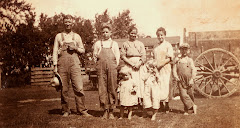


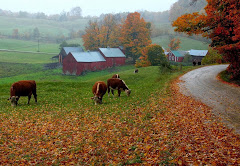





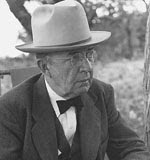
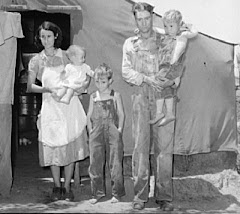























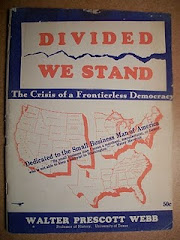








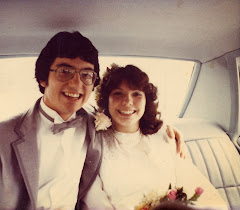


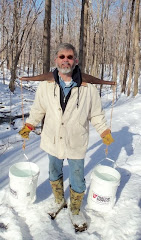
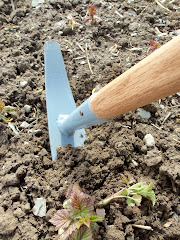
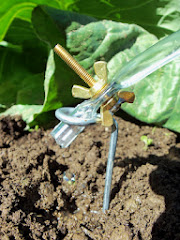
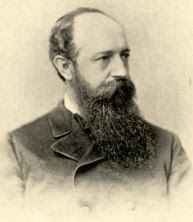
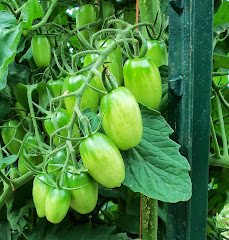
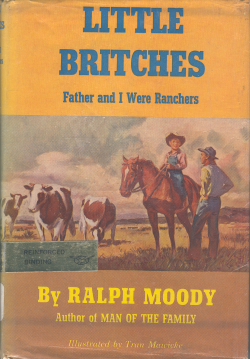


















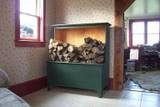
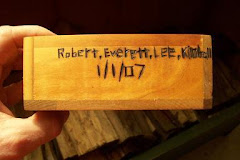






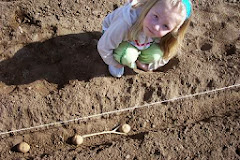
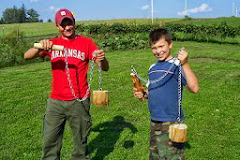


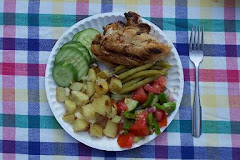



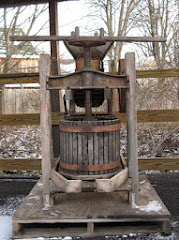

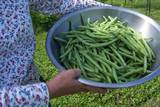
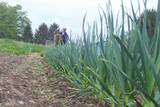
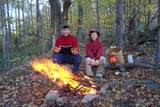

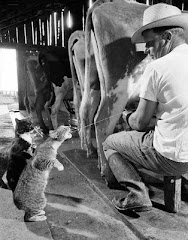







2 comments:
"One woman there had a 2001 VW car that she runs on filtered, used cooking oil (referred to as “grease”) which she collects free from restaurants. She said she commutes 100 miles a day for her job"
While her use of a waste product is preferable to foreign petroleum, it does not seem an example of "good stewardship". 2001 VW diesels get about 40 mpg (highway). Therefore, she consumes 2.5 gallons of oil per day, or 625 gallons per year (5 days/week, 50 weeks per year). Assuming it is soybean oil (which is pretty common restaurant frying oil), it takes an acre to produce 48 gallons of soybean oil. Which is on the order of 13 acres!
j schrier--
Thanks for sharing the calculation. Very interesting. I suppose she would respond that the oil is a waste product and using it for fuel is recycling. But I'm in agreement with your opinion. If I ever manage to find time to post Part 3 of my "2007 Family Vacation" I'll be returning to this subject and pretty much coming to the same conclusion as you.
Post a Comment